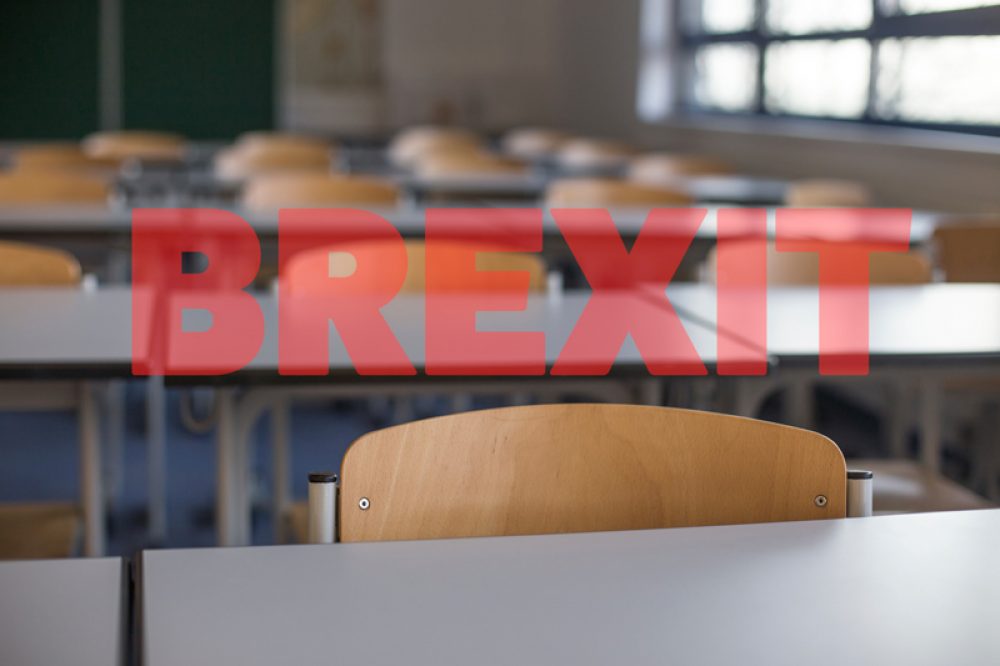Details of sanctions imposed on teachers in Europe will no longer be shared with English authorities in the event of a no-deal Brexit, the government has said.
In a guidance document outlining no deal preparations for schools in England, published today, the Department for Education said the requirement for professional regulating authorities to share details of “any sanction or restriction” imposed on teachers will no longer apply.
This will apply for all countries in the EU, as well as Norway, Iceland and Liechtenstein, and means the Teaching Regulation Agency will no longer have data on teachers who have faced misconduct hearings in Europe.
The DfE said it would soon update its safeguarding guidance to advise schools about how a teacher’s professional background can be checked in the future.
The guidance document also says that the current system of reciprocal recognition of professional qualifications, including teaching qualifications, between the UK and the EU, Norway, Iceland, Liechtenstein and Switzerland will not apply after March 29 in the event of a no deal.
However, this will not affect those who have already had their qualifications recognised or have applied for them to be so before that date. Further information on how the government intends to restore recognition of professional qualifications is due to be published “shortly”.
The government has also reminded schools of their duty to provide school meals amid growing uncertainty about food supplies if the UK leaves the EU without a deal.
It said it was working to “ensure goods can continue to flow into the UK without significant delays” but warned it had no control of checks imposed on the EU side of the border.
“The government, including the Department for Education, will continue to work with food suppliers to prepare for a no deal departure from the EU,” the guidance said.
“Local authorities and schools must exercise their power to provide meals to all registered pupils who request one. Where the pupil meets the criteria for free school meals, the meal must be provided, free of charge.”
However, it did not give any guidance about what schools can do in the event that they do not have the supplies to provide the meals.







Your thoughts